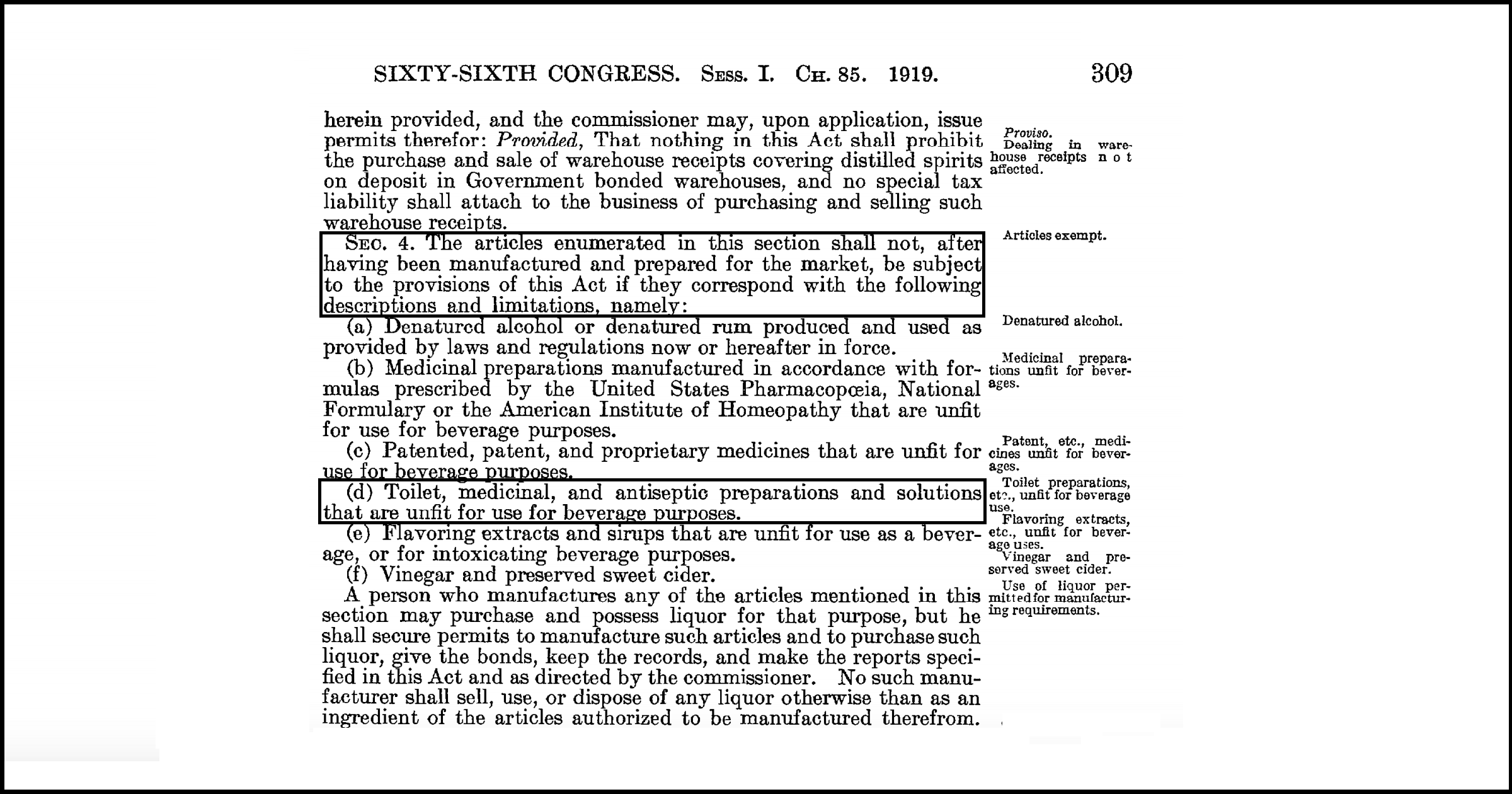

John Hodgman’s love of Malört is no secret, but apparently that doesn’t stop some people from doubting his fondness for the affectionately reviled Swedish liqueur on Twitter.
“I did get into a Twitter fight about this subject, because this person thought I was making fun of this product when I was lovingly making fun of the product,” Hodgman told Nerdette co-host Tricia Bobeda. “I’m like, ‘Dude, I got the receipts. Do your research. Google John Hodgman Malört. See how long I’ve been on this block, son.’”
I love you but you don’t know what you’re talking about. I have been a champion of @JeppsonsMalort for years.
— John Hodgman (@hodgman) November 15, 2017
The comedian stopped by WBEZ to discuss his new book, Vacationland, and to throw back a few swigs of what he calls “a delightful, heady blend of pencil shavings and shame.”
To learn more about the disagreeable wormwood-infused spirit, we also brought in Sam Mechling, the director of marketing for Carl Jeppson Company, maker of Jeppson’s Malört.
“My most clinical way to describe it is it tastes like a baby aspirin that’s wrapped in grapefruit peel, bound with rubber bands, and soaked in well gin,” Mechling said about a product he advertises.
“That sounds very good,” Hodgman said. “I like it.”
Below are more highlights from this very strange conversation.
What is Malört?
Sam Mechling: In its most basic terms, it’s a Swedish-style liqueur that’s flavored with wormwood. Originally, it would’ve been used in Sweden for the treatment of stomach bugs, tapeworms — basically anything for the stomach. So [drinking Malört] as a digestif is completely common or it might be enjoyed in a tall, skinny glass as a cordial when guests would come over.
It’s a very non-cordial cordial, as I would describe it.
Why does Hodgman love it so much?
John Hodgman: I was doing a live show in New York themed to Chicago. I had never been, and all of these friends had moved from Chicago to New York, and all they could talk about was how great and livable and authentic Chicago was.
And I was like, “That place doesn’t exist. You’re just telling a story about some urban utopia on the plains.”
And I was poking around on the early internet and learned about this spirit, Malört, and I’m fascinated with things that are still regional in an increasingly non-regional country. So I ordered some, drank some, and said, “Oh my god. What is this?”
What’s it taste like?
Hodgman: It has a sweet and very caramel flavor that is initially offset very nicely by a lot of bitterness, which is the wormwood at work. And then as the initial sweetness goes away, that wormwood just domain-squats on your tongue.
Mechling: The avocado turns brown pretty quick.
Hodgman: And that ends up having a kind of ashtray kind of funkiness to it.
Mechling: And it hangs on for about 15-20 minutes.
Hodgman: I think it’s that lingering effect that gives it its reputation.
Why is it popular in Chicago?
Mechling: The reason why it was so big in Chicago was because during Prohibition, there was a legal loophole in the Volstead Act that if you can prove you were medicinal, the feds wouldn’t bother you too much, and that’s why Malört was able to survive.
Hodgman: Ah! I did not know that.
Mechling: It was said that Carl Jeppson had a small distillery that the feds would stop by every couple of months to kind of shake him down, and if they had some new guys on the force, they would have them taste the Malört, and they would be pretty well convinced that what we were making was non-recreational.
Tricia Bobeda: No one would drink it for fun. It tastes too bad. That is the barometer.
Mechling: It’s a non-recreational spirit.

On his book, Vacationland
Bobeda: This was one of the books where I knew that my mom would like it right away, and so I shared it with her. And when my mom really likes a book, she does a thing where she texts me chunks of the book that she’s really enjoying and she did that quite often with this book. That’s a high bar for her.
Hodgman: That’s a violation of copyright.
Bobeda: I mean, they were texts to me. Does that violate copyright?
Hodgman: Yes it does. She’s not charging you for them I hope?
Bobeda: No she is not. I did not pay my mother.
Hodgman: Ok, what is your mother’s name?
Bobeda: Marcia.
Hodgman: Marcia, this is a legal document. Cease and desist.

This interview has been edited for brevity and clarity. Click the “play” button to listen to the entire conversation, which was produced and adapted for the web by Justin Bull.
